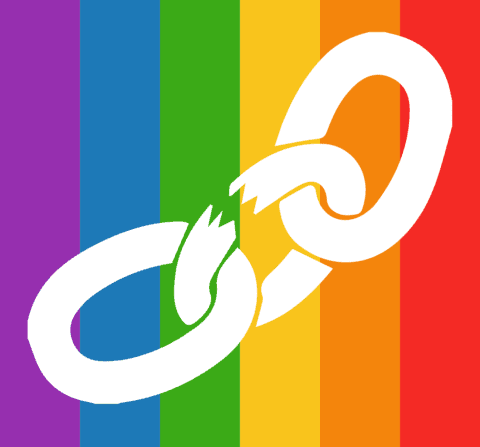In 1997, Don Cochrane, emeritus professor of educational foundations, and his students at the University of Saskatchewan organized the first Breaking the Silence conference. At the time, Cochrane was teaching his course Gay and Lesbian Issues in Education, in which students wrote research papers about LGBTQ communities in Saskatoon.
Cochrane’s students produced such excellent papers that he believed they needed a bigger audience. Within a year, the annual Breaking the Silence conference was born. From Mar. 17 to 18, the College of Education will host the 20th and final conference, exploring LGBTQ themes.
Cochrane shares that the university was the right setting to launch such a conference, as it provided a forum for the community to explore issues not present in local media and offered a safe space for participants.
for participants.
“University, with its guarantee of academic freedom, allows for the raising of controversial issues. The conference brought together academics, members of the community and young people. There were no gay-straight alliances in schools at that time, so kids who were questioning their identity had no safe place in which to feel comfortable and to explore,” Cochrane said.
General admission is $50. Fees for post-secondary students, the unemployed or under-employed, seniors and retired individuals are $20 and free for high school students. Online registration closes on Mar. 15.
Margi Corbett, a U of S alumna and a member of the conference’s advisory board, believes that raising awareness of human rights is important in any community and that everyone involved in public education would benefit from the conference.
“Breaking the Silence is particularly important to the U of S because this is where people begin the process of learning to be good teachers in the College of Education. When they are armed with knowledge and empathy from having attended this conference, they can become great teachers who are equipped to change lives and, in some cases, literally save lives,” Corbett said, in an email to the Sheaf.
According to Cochrane, this year’s conference will be the last, reflected in its theme: “Looking back, moving forward.”
“At sometime, you just have to let go and there’s now so much activity going on that the conference isn’t as essential as it once was. The work will go on after at the end of this conference … There are other places bursting with activities, so we are reflecting, in part of this conference, on our history and we’re interested in projecting how we, the movements, might go forward,” Cochrane said.
The conference will begin at 7:30 p.m. on Mar. 17 with the play The Pink Unicorn, followed by a discussion. Mar. 18 will then feature a range of speakers and workshops, one of which is a unique addition, according to Cochrane.
“We’re breaking one final silence and that is the experience and predicament of LGBTQ persons in our prison system. Nobody has talked about that and we have a workshop [on Mar. 18] devoted to the topic. It took us a long time to get around with it, I must admit. I mean, we haven’t broken that silence until now, but then neither has anyone else,” Cochrane said.
Corbett, also a retired high school English teacher, shares the changes she has seen in previous years and expresses hopes for the future.
“One of the greatest challenges of my career involved addressing homophobia in my classroom and school community. I was shocked and very nearly paralyzed by the narrow-mindedness that I encountered there, [but] since 1981, I have seen such great changes in attitudes toward LGBTQ people in this country, province and in my school community that I have a great deal of hope for the future,” Corbett said.
Cochrane encourages students to attend, as he believes the conference has something to offer everyone.
“Social workers come, nurses come, high school students come, teachers come, so it’s a really nice mix of the community … LGBTQ issues in university communities are probably fairly progressive and accepting, but it doesn’t hurt that there should be a place for formal and informal conversations, and the conference is that space.”
—
Jaline Broqueza
Graphic: Lesia Karalash / Graphics Editor
Leave a Reply